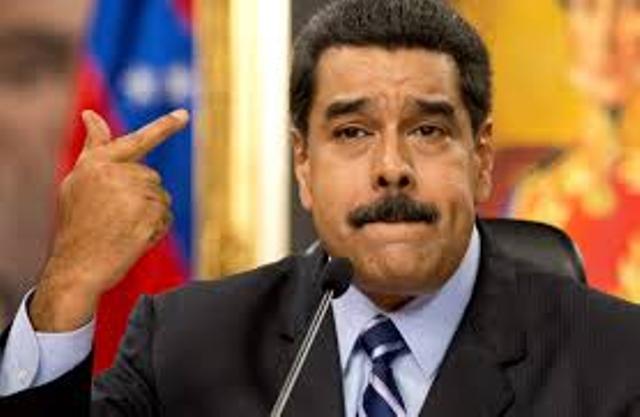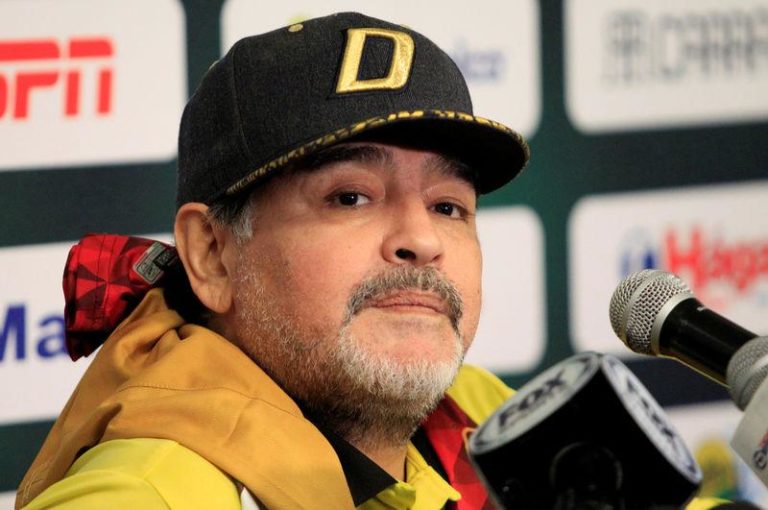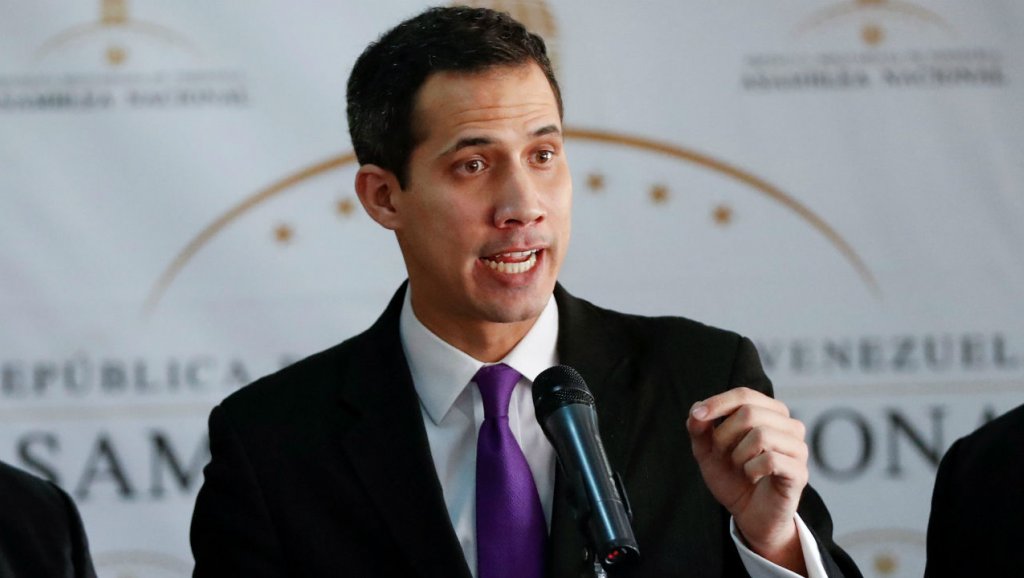The United States on Thursday slammed a $15million bounty on Venezuelan President Nicolás Maduro.
The reward is for information that could lead to his arrest for drug-trafficking charges.
Secretary of State, Mike Pompeo made the announcement as the Justice Department unsealed charges against Maduro and associates.
“The Venezuelan people deserve a transparent, responsible, representative government that serves the needs of the people — and that does not betray the trust of the people by condoning or employing public officials that engage in illicit narcotics trafficking,” Pompeo said.
The Justice Department accused Maduro and others of narco-terrorism and drug smuggling into the United States.
Attorney General William Barr said charges involved some 15 defendants between Maduro and other political and military leaders in Venezuela.
He noted that Venezuela allegedly allows Colombians linked with the Revolutionary Armed Forces of Colombia to use its airspace to fly cocaine north through Central America to destinations in North America.
U.S. Attorney for the Southern District of New York Geoffrey Berman, explained that the scheme between the Colombians and Venezuelans had been operating for some two decades.
President Donald Trump administration considers Maduro an illegitimate president following his controversial election.
Washington openly supported major opponent, Juan Guaidó, and recognises him as the legitimate winner of that poll.
Trump invited Guaidó to the State of the Union address early February.


